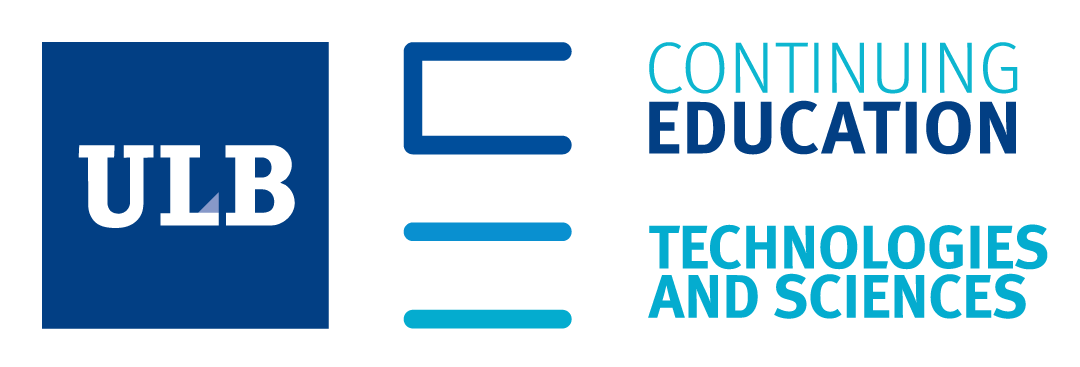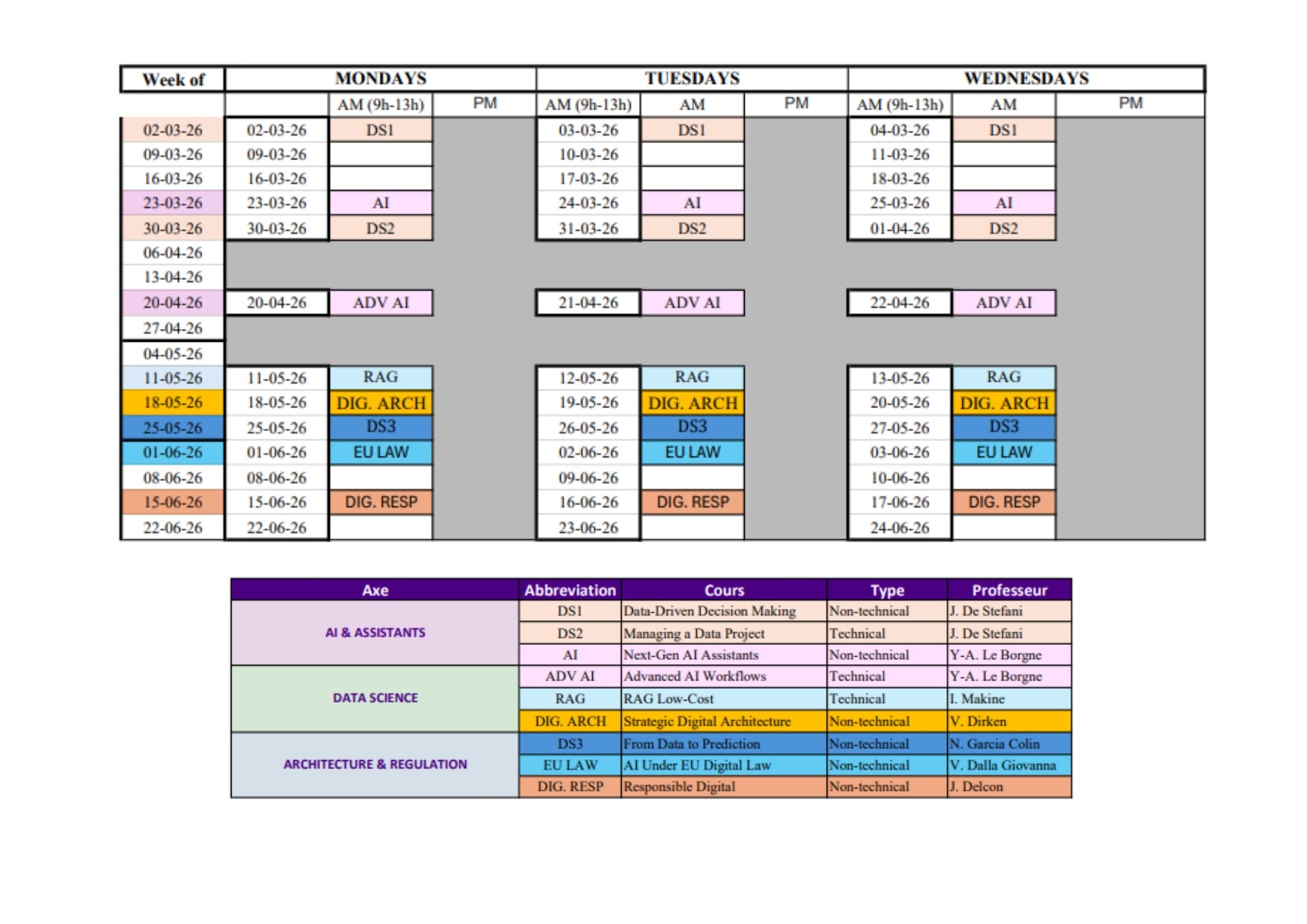Financial aid (grants, training vouchers, etc.)
The sustAIn training tracks are designed to be free of financial contribution from the participant upon the condition of the participant's company to be eligible for some administrational/legal conditions.
- Having a company / TVA number (registered and identifiable here: Search in the Crossroads Bank for Enterprises (CBE) | CBE Public Search (fgov.be))
- Being a start-up, SME (or mid-caps acceptable)
- Signing a deminimis-declaration with the service offer*
* Deminimis-declaration with the sustAIn training tracks service offer: The company declares not exceeding state-support of 300 000 EURO over the last three years, if including the state-aid funded into this program (which is by convention with the Brussels region recognized as per SME at 1687 euro per organized training day, to be multiplied by the number of days you selected). This declaration with the service offer is established at the ULB administration, signed by ULB, after which the company is invited to sign as well.
If you are not eligible for the free training but still interested, you may contact techsci@ulb.be for alternative options.







